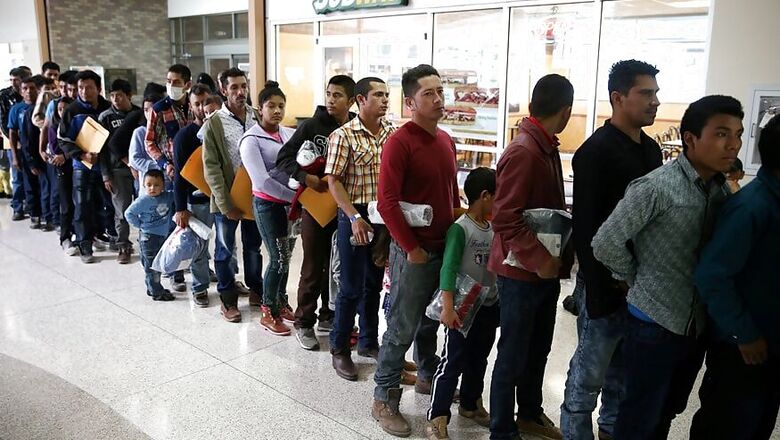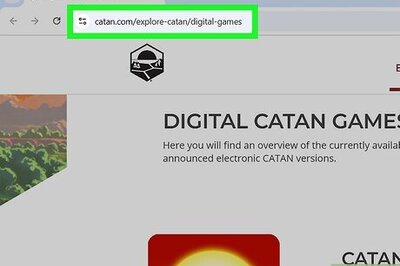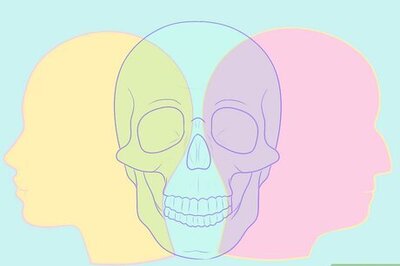New US Rules to Come in Force in October Can Deny Green Cards to Immigrants on Food stamps, Benefits

views
Washington: Trump administration rules that could deny green cards to immigrants who use Medicaid, food stamps, housing vouchers or other forms of public assistance are going into effect, potentially making it more difficult for some to become US citizens.
Federal law already requires those seeking green cards and legal status to prove they will not be a burden to the United States, or what's called a "public charge," but the new rules, made public on Monday, detail a broader range of programmes that could disqualify them.
US Citizenship and Immigration Services officers will now weigh public assistance along with other factors such as education, household income and health to determine whether to grant legal status.
Much of President Donald Trump's effort to crack down on illegal immigration has been in the spotlight, but the rule change is one of the most aggressive efforts to restrict legal immigration. It's part of a push to move the US to a system that focuses on immigrants' skills instead of emphasising the reunification of families, as it has done.
The rules will take effect in mid-October. They don't apply to US citizens even if the US citizen is related to an immigrant who is subject to them.
The acting director of Citizenship and Immigration Services, Ken Cuccinelli, said the rule change fits with the Republican president's message.
"We want to see people coming to this country who are self-sufficient," Cuccinelli said. "That's a core principle of the American Dream. It's deeply embedded in our history, and particularly our history related to legal immigration."
Immigrants make up a small percentage of those who get public benefits. In fact, many are ineligible for public benefits because of their immigration status.
But advocates worry the rules will scare immigrants into not asking for help. And they are concerned the rules give too broad an authority to decide whether someone is likely to need public assistance at any time, giving immigration officials the ability to deny legal status to more people.
On average, 544,000 people apply annually for green cards, with about 382,000 falling into categories that would be subject to this review, according to the government.
Guidelines in use since 1999 referred to a public charge as someone primarily dependent on cash assistance, income maintenance or government support for long-term institutionalisation.
Under the new rules, the Department of Homeland Security has redefined a public charge as someone who is "more likely than not" to receive public benefits for more than 12 months within a 36-month period.
If someone has two benefits, that is counted as two months. And the definition has been broadened to include Medicaid, housing assistance and food assistance under the Supplemental Nutrition Assistance Program, or SNAP.
Following publication of the proposed rules last fall, Homeland Security received 266,000 public comments, more than triple the average number for a rule change at the agency, and it made a series of amendments to the final rules as a result.
For example, women who are pregnant and on Medicaid or who need public assistance will not be subject to the new rules during the pregnancy and for 60 days after the birth of the baby. The Medicare Part D low-income subsidy won't be considered a public benefit. And public benefits received by children up until age 21 won't be considered. Nor will emergency medical assistance, school lunch programs, foster care or adoption, student loans and mortgages, food pantries, homeless shelters or disaster relief.
Cuccinelli said the comments resulted in changes that "we think it made a better, stronger rule." Green card hopefuls will be required to submit three years of federal tax returns in addition to a history of employment. And if immigrants have private health insurance that will weigh heavily in their favour.
Refugees or asylum seekers would be exempt, and the rules would not be applied retroactively, officials said. But the Trump administration also has moved to drastically reduce asylum in the US.
The administration recently tried to effectively end the protections at the US-Mexico border before the effort was blocked by a court. It has sent more than 30,000 asylum seekers mostly from Central America back to Mexico wait out their immigration cases.
According to an Associated Press analysis of census data, low-income immigrants who are not citizens use Medicaid, food aid, cash assistance and Supplemental Security Income, or SSI, at a lower rate than comparable low-income native-born adults.
In general, immigrants are a small portion of those receiving public benefits. For example, non-citizen immigrants make up only 6.5% of all those participating in Medicaid. More than 87% of participants are native-born. The same goes for food assistance: Immigrants make up only 8.8% of recipients, and more than 85% of participants are native-born.
The new public assistance threshold, taken together with higher requirements for education, work skills and health, will make it more difficult for immigrants to qualify for green cards, advocates say.
"Without a single change in the law by Congress, the Trump public charge rules mean many more U.S. citizens are being and will be denied the opportunity to live together in the US with their spouses, children and parents," said Ur Jaddou, a former Citizenship and Immigration Services chief counsel who's now director of the DHS Watch run by an immigrant advocacy group.




















Comments
0 comment